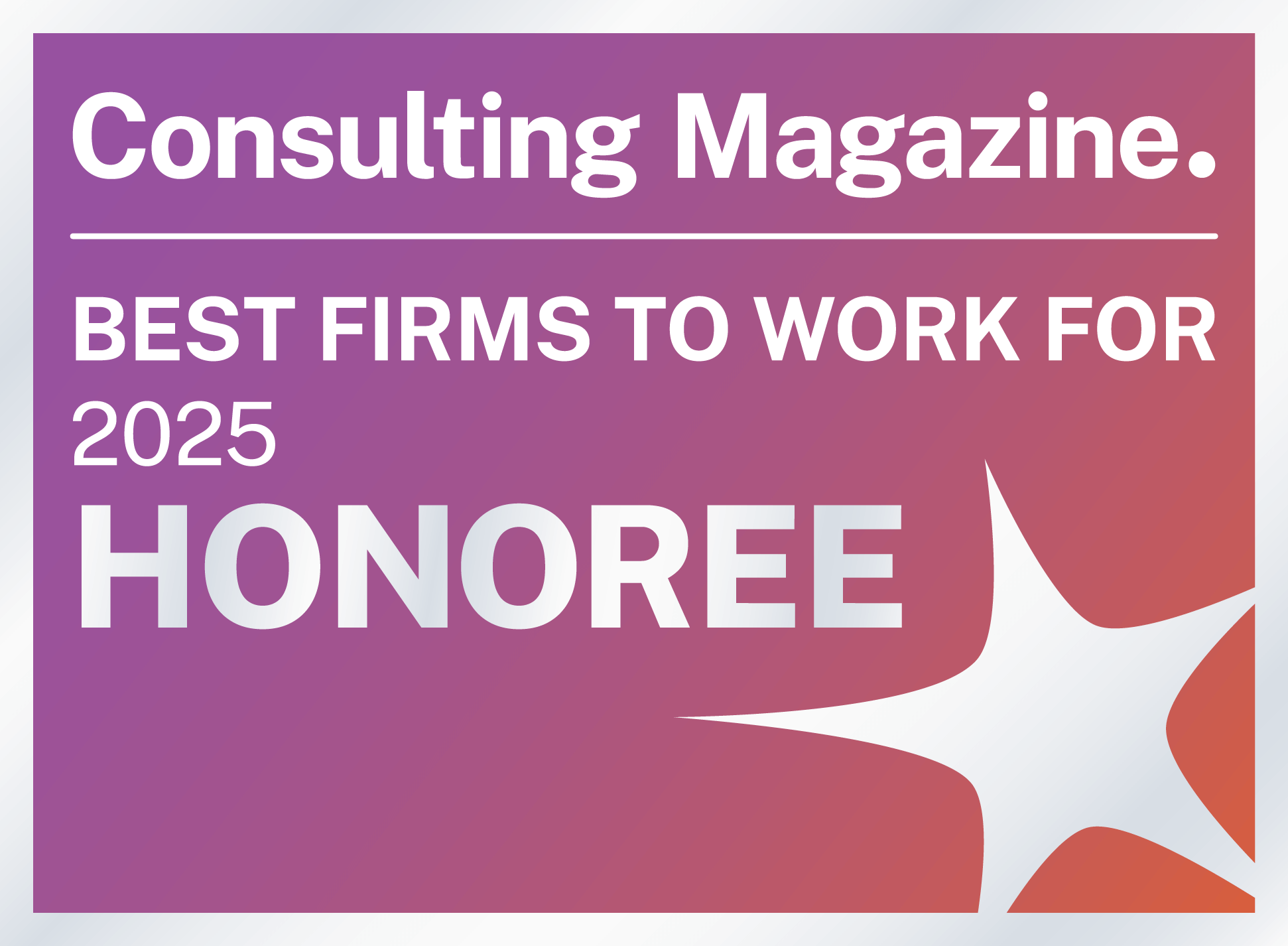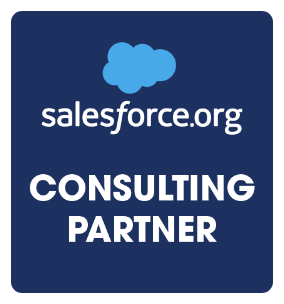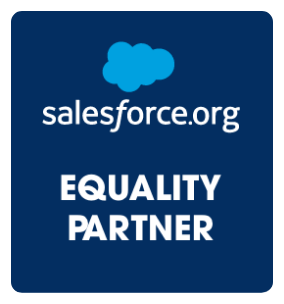
Attain Partners was proud to co-present two conference sessions with our clients at the 2022 EACUBO Annual Meeting in New York. We also had the opportunity to speak with college and university business officers from throughout the Eastern United States about the services Attain Partners offers to advance the goals of higher education. Read on to learn more about two key themes from the event.
Financial Sustainability is at the Forefront of Higher Education
In the current higher education climate of closures, consolidations, strategic partnerships, and evolving risks, it is no surprise that financial sustainability was top-of-mind for many attending business officers. This was visibly demonstrated by the standing-room-only crowd at a conference session covering endowment strategy. Other sessions covered a variety of short- and long-term financial strategies including cost management, environmental and social impacts, process modernization, and federal funding. These topics underscored that colleges and universities are at a crossroads where they must invest strategically, reduce costs through efficiency opportunities, and provide a competitive value proposition to students.
Challenges of Deploying ERP for a Consortium of Universities Panel
Attain Partners made a significant contribution to the discussion of strategic partnerships and financial efficiencies in a presentation co-led by Dr. Janet Wormack, Vice President of Administration and Finance of Salisbury University. This panel discussion with Reshma Patel-Jackson (Managing Director at Attain Partners), Mark Meyers (Principal at Attain Partners), and Dr. Wormack highlighted the recent partnership of five University System of Maryland institutions—Bowie State University, Coppin State University, Frostburg State University, Salisbury University, and University of Baltimore—to form the Maryland Connect Consortium. The first major initiative of the Maryland Connect Consortium is to implement a shared instance of Workday for Human Resource and Finance across all five institutions.
The primary impetus behind the Workday implementation was the opportunity for cost reduction and sharing of best practices that is expected to result in long-term savings for all member institutions. The panel discussion focused on the many benefits and challenges of the consortium model, with a parting message to the audience that they should seek opportunities for consolidated services with institutions with similar needs, operations, and goals.
DEI is the Future of Higher Education
If financial sustainability was the “head” of the conference, Diversity Equity, and Inclusion (DEI) was undoubtedly the heart. It was clear from the first keynote speaker, Justin Jones-Fosu, that DEI would be the dominant theme. His talk on The Inclusive Mindset highlighted the importance of not just being welcoming, but inviting, where “inviting” means purposeful inclusion of an individual or group and creating a culture of belonging within their organization.
Subsequent conference sessions expanded on the concept of being “welcoming versus inviting,” with presentations focused on evolving institutional goals beyond enrollment of a diverse student population. Notable session topics included equitable graduation outcomes for students, wellness initiatives for staff and faculty teaching anti-racism, measuring DEI maturity, and strategic diversity leadership.
Creating and Implementing a Diversity, Equity, and Inclusion Strategy Presentation
Reshma Patel-Jackson, Managing Director at Attain Partners, in partnership with Dr. Glen Jones of Georgetown University, presented on incorporating a DEI lens into a strategic plan initiative. The presentation informed the audience of the key factors that contribute to an effective DEI transformational journey while also showcasing best practices and industry trends.
Audience feedback revealed that college and university business officers understand the importance of investing in DEI, with some attendees stating that their institutions are already shifting their institutional goals from building a diverse pipeline for students, staff, and faculty, to creating a culture of belonging and acceptance. However, there were several barriers raised to advancing DEI maturity, including:
- Resources
- Time
- Budget
These observations highlight that while worth the investment, reaching the next level of DEI maturity is a commitment that requires proper planning with clearly-defined goals and outcomes. Attain Partners has the expertise to help your institution navigate barriers to DEI maturity to ultimately reach an optimized level where DEI can be used as a competitive advantage.
Learn more
We look forward to continuing to foster relationships with public and private colleges and universities across the United States. We offer many professional services to our higher education clients, including, but not limited to:
- Diversity, equity, and inclusion assessments
- Financial Aid Management
- Grants Management
- Organizational Change Management
- Project Management
- Strategic Planning
- Technology transformation support
Interested in chatting with our experts directly? Contact us today!
About the Authors
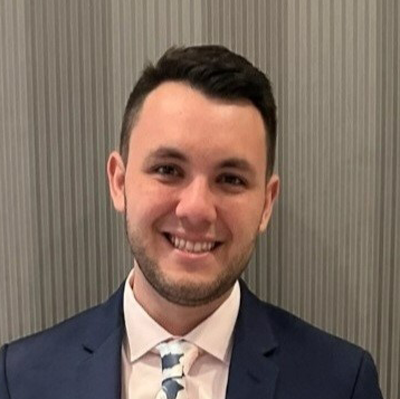
Kyle Cadieux is a Manager in the Strategic Transformation Services practice. Kyle has demonstrated knowledge in Organizational Change Management, Organizational Design, and Human Capital Management. Prior to Attain Partners, Kyle supported Organizational Transformation work for the Federal Government at various consultancies. Kyle is a Prosci® Certified Change Management Practitioner and holds an M.A. in Industrial/Organizational Psychology.
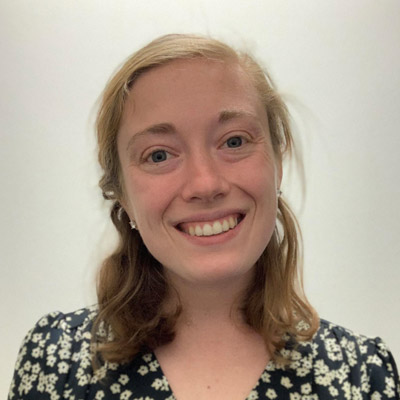
Ellen Herd is a Manager in the Strategic Transformation Services practice. Since joining Attain Partners in August 2021, Ellen has served as the Change Manager on Workday HCM and Financials implementation for a consortium of public universities. Ellen began her career at Accenture, serving in many roles across the software delivery lifecycle, including functional design, configuration, security, testing, and post-production support. Ellen is a Prosci® Certified Change Management Practitioner and holds a Bachelor of Science in Economics from Duke University.
[1] Prosci. “Why Change Management.” Prosci, www.prosci.com/resources/articles/why-change-management.



